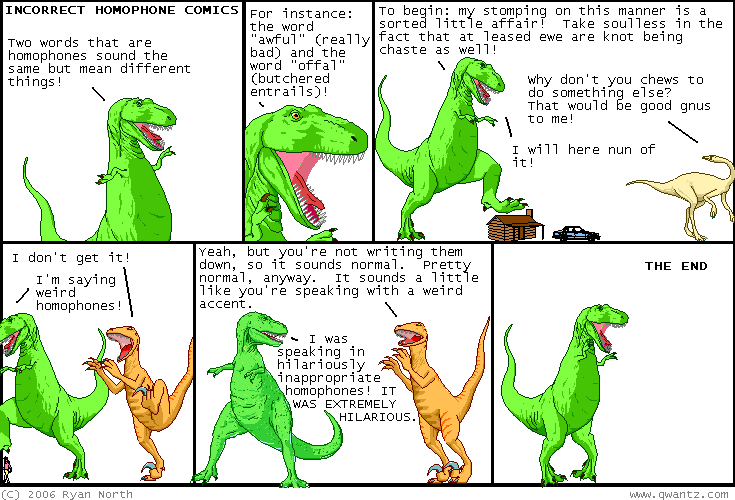Sometimes the trend in modern design--big, bold lettering, usu.--just totally hamstrings headlines. You can't put anything sensible in them.
It's worse in tabloids, of course, which is what my newspaper of choice is.
It's SO bad that Newsday must rely on the deck to tell you what a story is about, which means that then you have the deck AND the lead, which cover the same info. And to avoid the repeat, then they write stupid feature-y leads.
Here's a headline from a recent Newsday.
What the heck does it mean?
Guv pans cap foes
OK, "Guv," I get. I actually have no prob w/ many of the tabloid abbrevs. And "Guv" is a fine one.
"pans"--Hmm, this one slows me own on a headline. It's not that I don't know what "to pan" means, but I'm no sure which meaning is here, bcs it's normally used in reviews of movies, etc. So for a brief moment, I wonder if they're using a metaphorical application of the "to harvest gold from a stream, as a prospector" sense, the way we use "mines" to mean "reaches out for other resources."
"cap"--OK, a limit imposted--but WHAT limit? imposed on who? Or is this a verb? I guess not, bcs "pans" has the s. Hopefully it's not a plural "pans."
"foes"--OK, "cap foes"--people opposed to the cap. Of course, we don't know which cap, so we don't know which foes.
It's just too darn much work.
I reminds me of playing Scrabble with an 8-year-old, who can only think of three- and four-letter words.
I wish American publication design would go back to smaller letters so we can use better words (which usu. means longer ones).
The headlines are useless as it is ("Hope and scholarship"? that doesn't tell you anything until you get to the deck, anyway: "By providing grants to Catholic elementary students, foundation has stemmed losses in schools' enrollment).
So why not eliminate them, and just rely on the deck? They'd probably have more space for news. (of course, that might be part of the problem)

